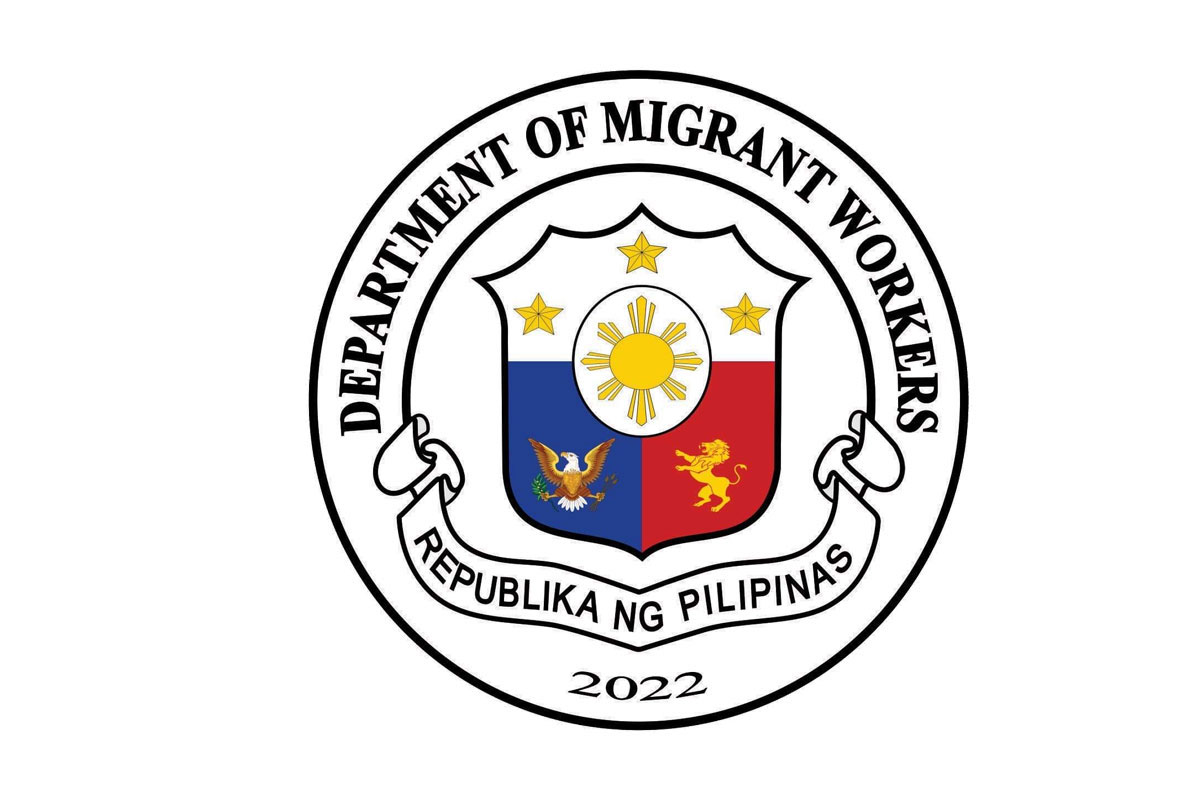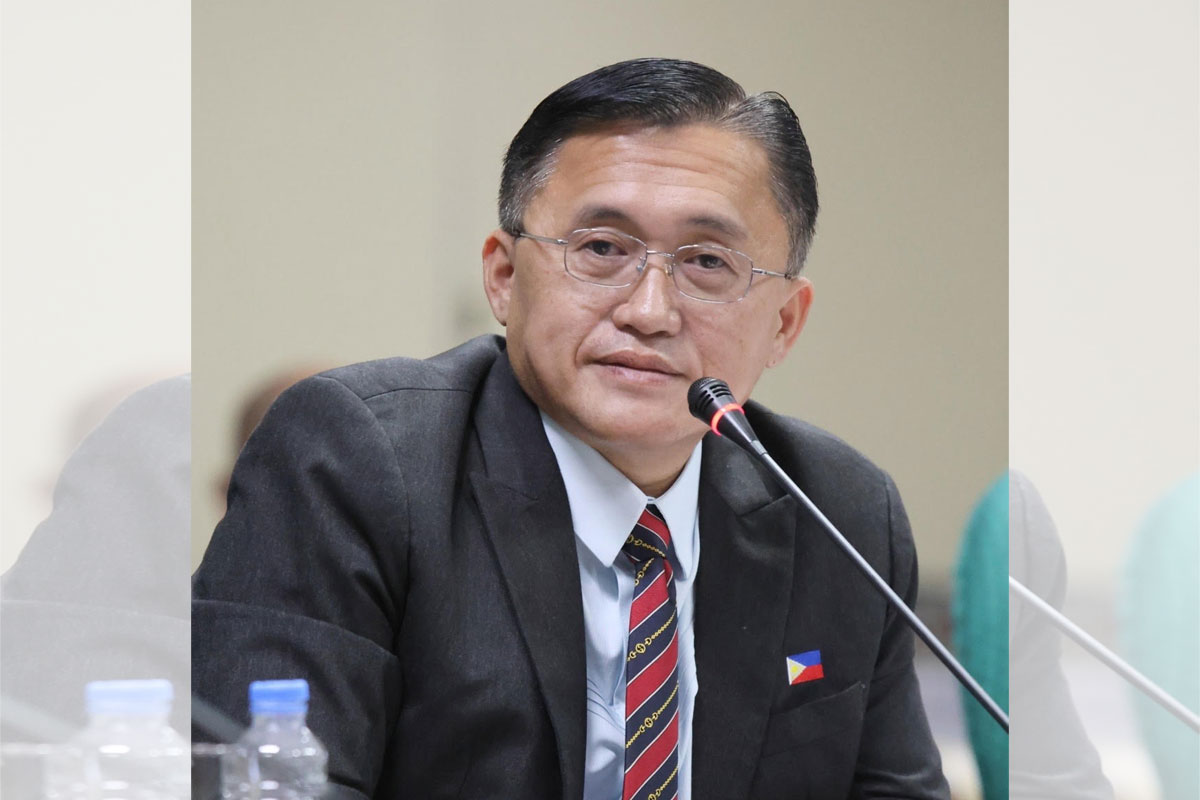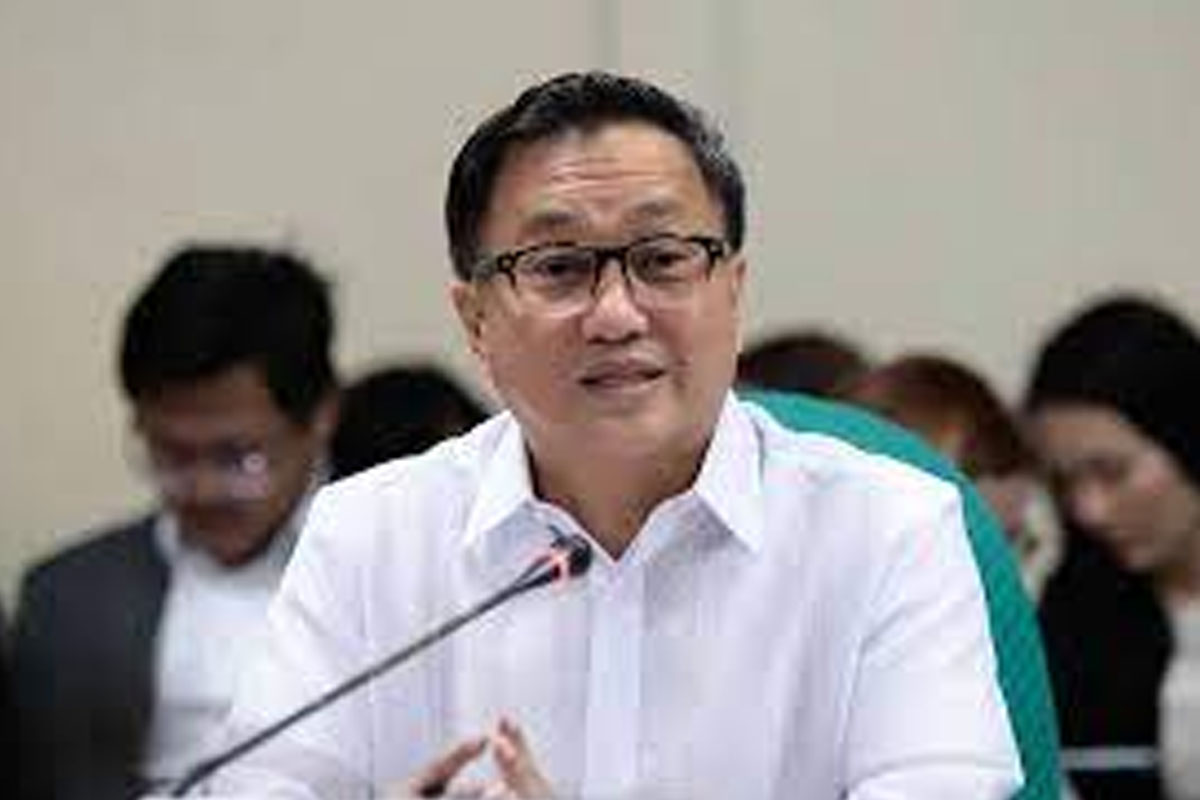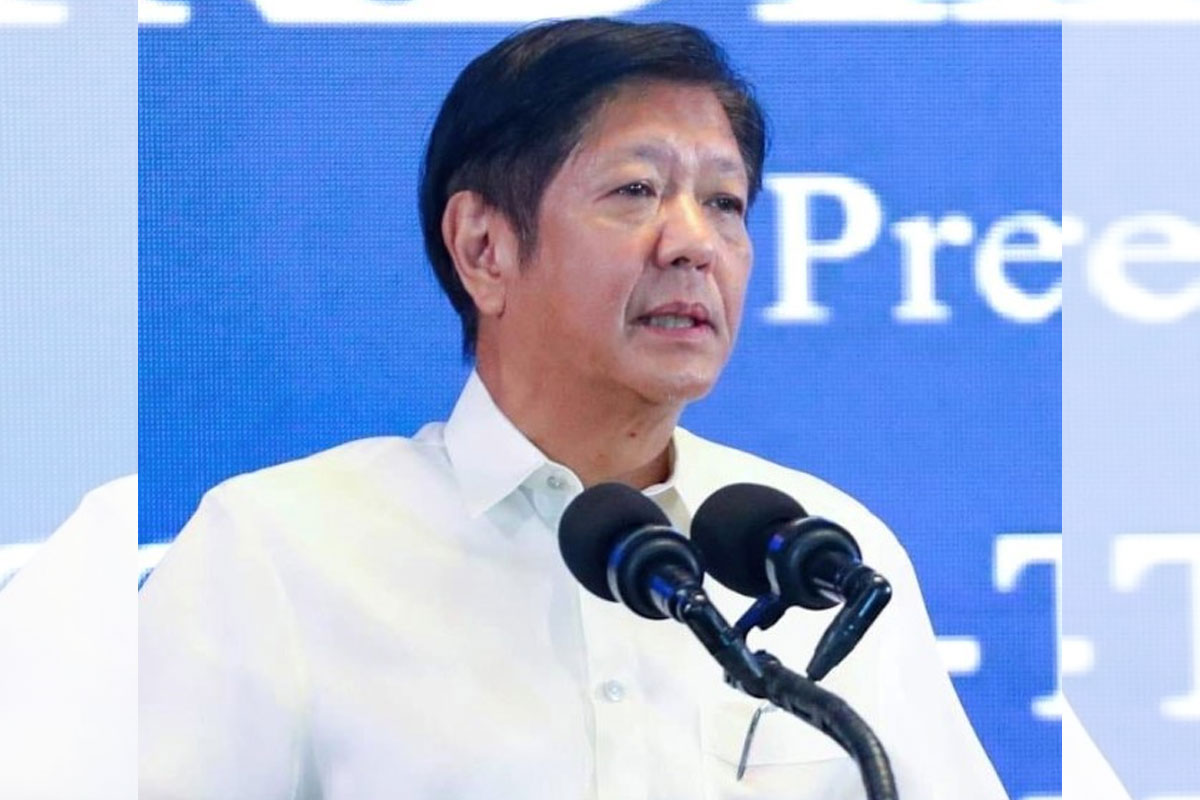
ROAD TO GROWTH
THE administration of President Ferdinand “Bongbong” R. Marcos Jr. is on the right path toward helping the country recover from the adverse impacts of the global pandemic, with at least $14.2 billion in foreign direct investment projects implemented since July 2022.
“The President’s efforts to attract FDIs are yielding results. We are making steady progress, and the House of Representatives fully supports his initiatives,” Speaker Ferdinand Martin G. Romualdez stated.
The Speaker, who is also the president of the ruling Lakas-Christian Muslim Democrats (CMD) party, based his remarks on data from the Board of Investments (BoI) of the Department of Trade and Industry (DTI), led by Secretary Alfredo Pascual.
“Executing $14.2 billion in FDIs from the projected total of $72.2 billion is significant, and there are many more projects in the pipeline,” said Speaker Romualdez. “This demonstrates the government’s commitment and hard work in improving the lives of Filipinos.”
“We aim to gradually enhance the economy to its full potential, so that the rising tide will lift all our boats, so to speak,” Romualdez added, referencing DTI’s statistics which indicate that FDIs are now at “different stages” of construction, “as recorded as of December 2023.”
He also noted that ongoing projects, stemming from President Marcos’ international visits, where he has consistently highlighted that Manila is open for business and that there are plans to ease restrictive policies, now constitute 20 percent of the total pledges for the administration.
According to Speaker Romualdez, the $14.2 billion in projects have “already been actualized,” with some already “operating and/or having completed the process of registering the project with DTI’s Investment Promotion Agencies,” while others have “commenced implementation.”
These FDIs, as recorded by DTI, cover a variety of industries, including manufacturing, IT-BPM (information technology-business process management), renewable energy, infrastructure, transport and logistics, agriculture, and retail.
Among these sectors, manufacturing has the “largest share in terms of the number of projects,” with 16 projects (equivalent to 35 percent), followed by IT-BPM with 10 projects (22 percent), and renewable energy with nine projects (20 percent).















